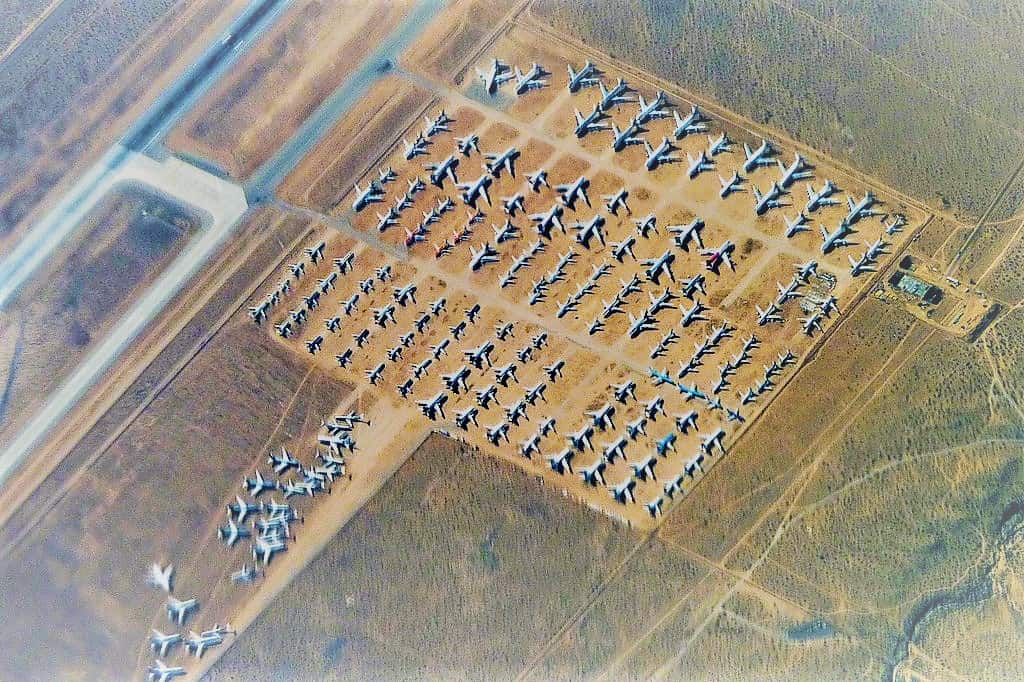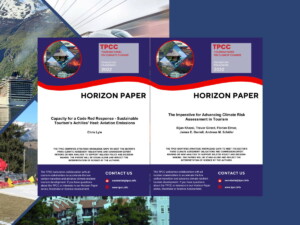Could climate change ground a third of aircraft?

Airlines may increasingly be forced to cut their loads of passengers, cargo or fuel in order to take off safely because warming air lessens the ability of airplane wings to generate lift, according to US researchers.
Worldwide, average temperatures are expected to climb some 5.5 degrees Fahrenheit (3 Celsius) by 2100, researchers said.
But it is more prevalent heat waves that pose a larger threat to the airline industry, they said in a study published in the journal Climate Change.
Annual maximum daily temperatures at airports could rise by 7 to 14 degrees Fahrenheit (4 to 8 Celsius) by 2080, they found, leading to more costly delays in take-offs or cancellations.
During the hottest parts of the day, between 10 and 30 percent of fully loaded planes may have to dump weight in order to begin their journey.
The phenomenon could force the aviation industry to brace for thinner profit margins, the authors said.
A full 160-seat aircraft trying to safely take off in searing heat may, for instance, need to remove 13 passengers, said the study.
But the costs of delays or cancellations could also disrupt other sectors of the economy as they trickle down, they said.
“Our results suggest that weight restriction may impose a non-trivial cost,” said Ethan Coffel, the study’s lead author and a researcher at Columbia University in New York City, in a statement.
Airports likely to be most affected according to the researchers’ appraisal of 19 major airports include New York’s LaGuardia, due to short runways, and Dubai International Airport in the United Arab Emirates, because of scorching heat.
Projections found the least affected airports included New York’s John F. Kennedy International Airport, London’s Heathrow and Paris’ Charles de Gaulle.
Last month, major airlines were forced to delay or cancel dozens of flights out of Las Vegas and Phoenix airports, citing difficulty in operating aircraft amid a heat wave.
Previous research has found that changes in climate may increase turbulence on flights, the researchers said.
They said their study was the first such global analysis.
Source: Thomson Reuters Foundation, the charitable arm of Thomson Reuters.
Featured image: Aerial view of Victorville Airport’s aircraft boneyard, Victorville, California, USA. By Bobak Ha’Eri, CC BY 3.0, via Wikimedia Commons. (Image cropped and filter added.)
Related posts





